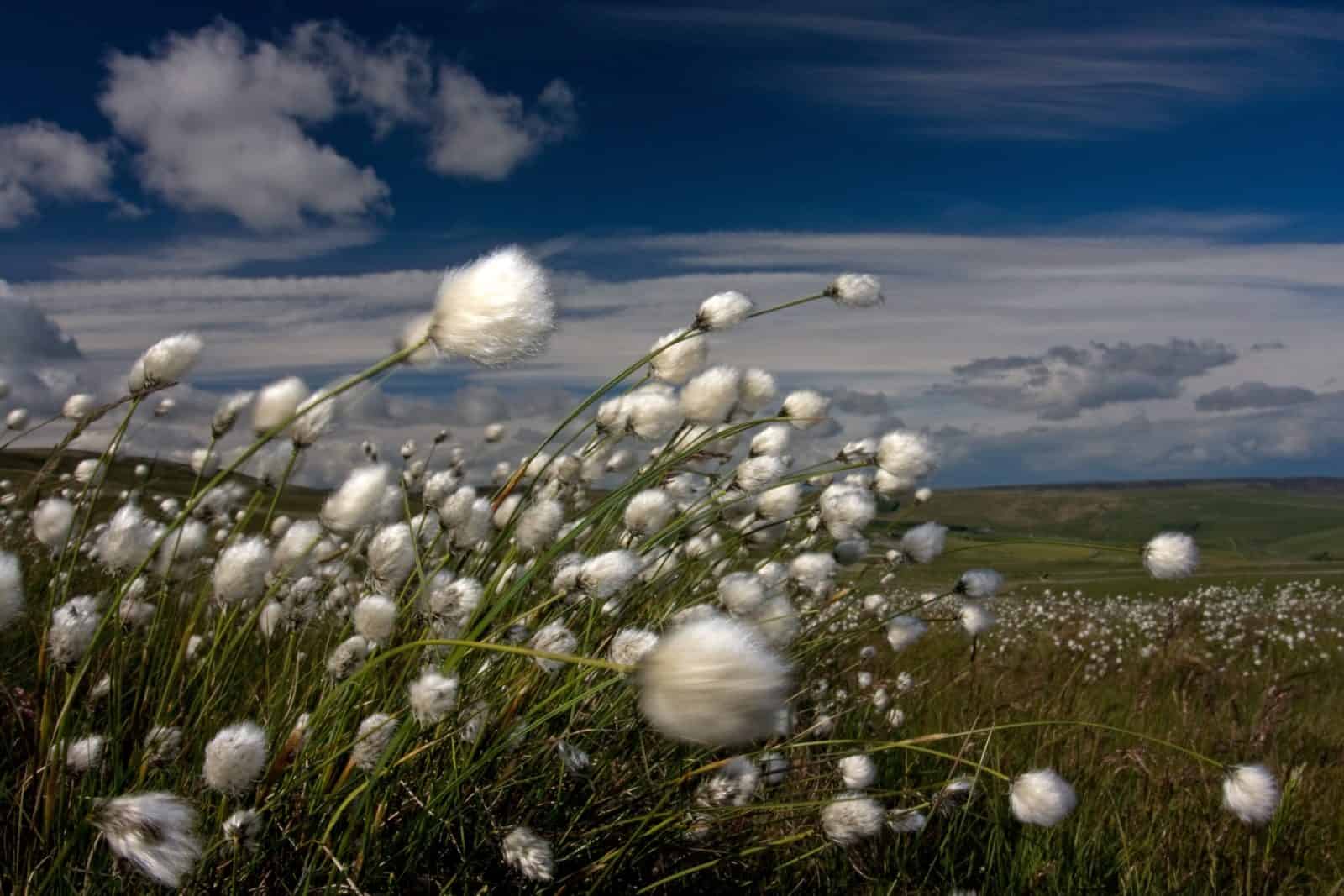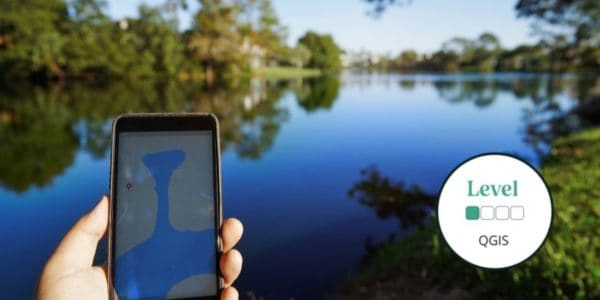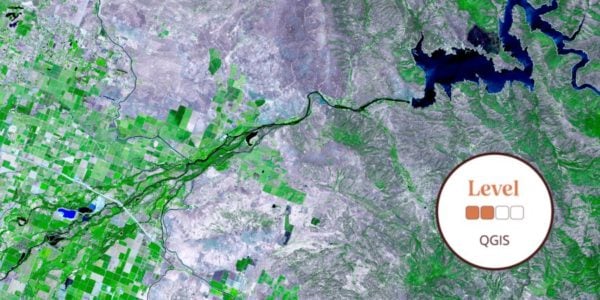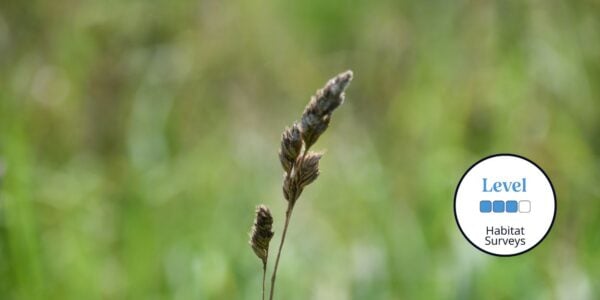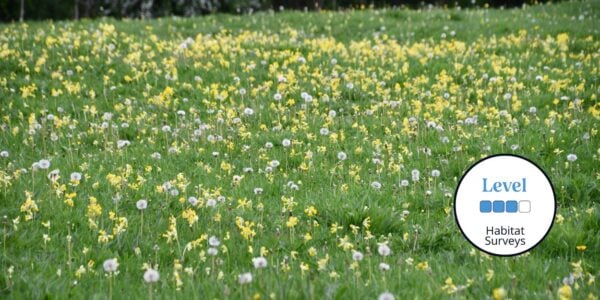Empirical methods for evaluating the ecological value of a site are an increasingly important element of nature conservation. This site assessment course will allow you to gain an understanding of the methods used in assessing site quality using vegetation.
Reporting of the local or national value of a development site, favourable or unfavourable status, the outcome of management practices and the long term effects of environmental and climate change increasingly rely on evidence-based approaches. The purpose of this course is to explore the use of botanical data in making such assessments.
The accurate discrimination of good quality habitats versus poorer habitats is essential to making good conservation and planning decisions, and can have knock on effects to biodiversity and economics if poorly undertaken. This course will equip you with the skills needed to assess the habitats you encounter, alongside the ability to report and action these findings. Phytosociological techniques are essential skills needed for good employability and are recognised by the private, government, and charitable environmental sector.
The course will cover survey and recording techniques, data analysis and methods of evaluating sites including botanical species lists, phase 1 habitat survey, British plant communities, National Vegetation Classification (NVC), and how to put the information into context. There will be lectures, fieldwork and study sessions involving data analysis.
This is not an identification course and to get the most out of it you should be familiar with botanical identification to a reasonable level. Some computer skills are also required.
Your course will take place on the 12-hectare estate of the Preston Montford Centre, surrounded by a rich range of habitats including the River Severn and semi-ancient woodland, set in the heart of Shropshire.
Tutor: Mark Duffell
Mark Duffell has had a lifetime interest in plants, gaining the RHS Diploma in Horticulture and completing an MSc in Biological Recording. He now runs Arvensis Ecology, splitting his time between conducting botanical surveys and teaching botanical identification and survey techniques to undergraduate and postgraduate students, consultancies and environmental organisations.Tutor: John Handley
John is the Director of CH Ecology, an independent ecologist and consultant, providing surveys and training on behalf of conservation agencies and Local Authorities. John has a background within amenity horticulture as a Technical Manager, providing advice and training to Local Authorities, prominent sports facilities and private land owners. John is an enthusiastic communicator and botanist.
Example Timetable
Example Timetable
This timetable is subject to change but should give an outline of what to expect.
If you have booked accommodation with the centre your bedroom will be ready from 3.00 pm onwards on the day of arrival and we ask that you vacate by 9.30 am on the morning of departure.
If numbers are sufficient a station pick up will be arranged at 5.30 pm from Shrewsbury Station.
Please arrive in time for the evening meal is at 6.30 pm on Friday
The course starts after dinner with a classroom session 7.30 pm - 9.00 pm
The course ends at 4.00 pm on the final day.
Example TImetable
Friday
Evening
(Teaching starting after dinner, usually around 19:30): Introduction to vegetation surveying techniques.
Saturday:
Morning
Introduction to Phase 1 habitat surveying.
Afternoon
On site at local species rich grassland, we will map and identify the Phase 1 habitats present, as well as compile a species list for the whole site. Working in small groups and with help from both tutors.
Evening
Free time and dinner.
After Dinner
Reviewing maps drawn; finalising species lists.
Sunday
Morning
Introduction to National Vegetation Classification (NVC) surveying.
Afternoon
On site at local species rich grassland, we will map and identify the NVC habitats present. Working in small groups and with help from both tutors.
Evening
Free time and dinner.
After Dinner
Reviewing maps drawn; analysing data collected.
Monday
Finish analysis of NVC habitats present, and developing understanding of their individual importance.
Lecture on putting sites into context and utilising species data and habitat maps.
Overview of writing a report based on these findings.
Plentiful opportunities for breaks taken during the days as appropriate.
Time will be made available for eating packed lunches during the day.
This course will combine fieldwork and classroom sessions.
What's Included
What’s included?
- Classroom learning covering the theory of the subject
- Field excursions to apply new knowledge
- Expert tuition for which we are renowned
- Clear objectives and progression
- Alls meals provided
For course bookings including full board accommodation, please note bathroom facilities maybe be shared
You can rest assured that the absolute best content from an expert in environmental education will be provided. In choosing an this course, you will be joining thousands of people who learn with us each year.
Before You Attend
There will be a member of staff with first aid training and access to a first aid kit on site. If you have special medical or access requirements, please let us know as soon as possible so we can make any necessary adjustments.
What to Bring
- A laptop computer is essential (we have a few available, but these must be booked before the course). Wireless internet connectivity and the ability to take and download photographs is an advantage.
- Warm waterproof clothing and sensible footwear are advisable for the fieldwork elements.
- A waterproof clipboard.
- A sandwich box, flask and/or water bottle and a bag to carry your kit.
- Your favourite Field Guide is optional but handy.
Useful Books
- It is useful to have access to the NVC books: Rodwell, J.S. (ed) 1991-2000. British Plant Communities Vols 1-5. Cambridge University Press, Cambridge (copies will be available for use during the course but are not always available for loan).
- Identification guides such as: The Wild Flower Key by Francis Rose (Warne, 2006) and the New Flora of the British Isles by Clive Stace (3rd Edition 2010 or 4th Edition 2019) will also be available during the course, but you might want your own copies at home.
Sorry this course booking is closed

